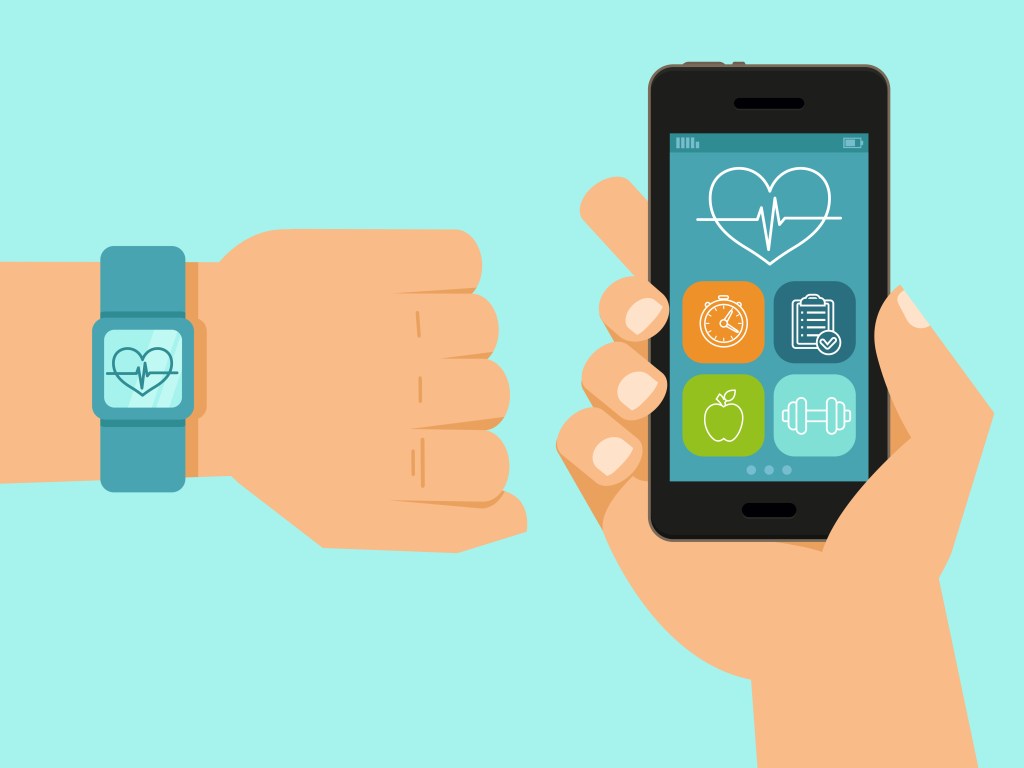Sumit Mehra
Editor’s note: Sumit Mehra is CTO of Y Media Labs.
Preventing disease is the Holy Grail of modern medicine. Many diseases plaguing society today are chronic and brought on by lifestyle choices; others have their roots in genetic or environmental factors. Either way, the ability of the healthcare community to prevent disease is heavily influenced by information. Gather the right data with enough warning time to impact the outcome, and most diseases can be minimized — or even eliminated.
Mobile health technology has the potential to fill this void. Applications, devices and technologies behind the “quantified-self” movement are exploding in number, precisely because of their power to collect, interpret and communicate the personal health data professionals so desperately need.
The future becomes even brighter as the walls of big data come down. Medical data has languished in silos for a long time, but that’s no longer the case. Driven by mandates of the Affordable Care Act, as well as other societal and economic trends, providers are sharing data not only to reduce costs, but also to explore and validate medical research. By expanding studies to include data points gleaned from millions of people, researchers can uncover valuable knowledge that will greatly advance the cause of preventive medicine.
Much of the innovation in mobile health involves wearable products such as wristbands, smartwatches and biosensors. Since prevention is all about getting data early, wearables help patients collect health information before serious issues develop. What’s more, wearables decrease the burden of collecting data in the doctor’s office, making analysis that much quicker and more effective.
With wearables, doctors don’t have to rely on information gathered in a one-time lab or clinic visit. This has huge advantages; for instance, a patient’s heart rate at the doctor’s office might be different from his or her average rate over the past three months. Most smartwatches and activity trackers now monitor pulse and heart rates, while biosensors like the Medtronic SEEQ adhesive sensor records heartbeats continuously for up to 30 days. Such longitudinal information provides a much clearer, more accurate view of the patient’s health with minimal hassle.
Many in the healthcare industry are just beginning to learn that the FDA is encouraging the development of mobile health technology. A number of companies are working on software that automatically feeds personal data from Fitbit wristbands and other mobile monitoring devices into a patient’s ACA-mandated electronic medical record. BlueStar, a mobile diabetes innovator, received FDA approval as far back as 2010 for its app that helps people stay on track with their Type 2 diabetes care.
The next logical step in data collection, many believe, will be ingestible sensors. Proteus Digital Health, a Silicon Valley digital medicine company, is the pioneer in this evolving field. It recently raised $172 million in venture funding to continue development of a wide array of products including pill-like ingestible sensors that measure how well medications are metabolized. Wearables may even be superseded in the future by “invisibles” — devices that are implanted below the skin to collect biointelligence.
Regardless of their approach, nearly all mobile health data solutions today require pairing with a smartphone. Smart watches like the Apple Watch and activity trackers from Fitbit and Jawbone are elegant and effective, to be sure; but they can’t connect to the Internet. To do that — and to process and interpret the volume of data generated by collection devices — users need the power and connectivity of a smartphone.
This brings us to the key to virtually any mobile health technology breakthrough: user acceptance. Developers and healthcare companies must make users a seamless part of the process, and this is where high-quality, easy-to-use mobile apps become essential.
Mobile health apps must minimize user friction. Operation must be intuitive and natural, even passive. This requires a strong understanding of the user’s context and motivation.
The place to start is with a detailed assessment of the target audience. It’s important to get as specific as possible, since the more an app designer knows, the easier it is to effectively cater to the user’s needs. Reducing the number of navigation steps, for example, is critical; if navigation is too difficult, usage will likely drop off or the user may abandon the task altogether.
Mobiquity, a mobile engagement company, found that while 70 percent of people use mobile apps on a daily basis to track and monitor calorie intake and physical activities, only 40 percent share that valuable data with their physician. To raise the bar on data sharing, apps need to have a “set it and forget it” strategy. (Even better, in fact, would be to not have to “set it” at all.) Well-designed apps have this trait nailed down.
Compliance can also be encouraged through the use of emotion. Patient Partner, an app developed through partnerships between pharmaceutical companies and pharmacies, gives patients intriguing and heartfelt stories about prescription drug use. Each story is followed by pop-up questions about the person’s own care; by encouraging appropriate action, the app helps patients adhere to treatment regimens.
Mobile technology is perhaps one of the greatest developments in preventive care ever. It allows people to receive and understand information about their daily health with amazing accuracy and impact, enabling them to make better judgments and improve their long-term quality of life.
Use of such technologies, however, will likely involve a mix of carrots and sticks. In addition to improving the user experience, app compliance may require gamification techniques or external influences such as discounts on insurance premiums. One thing is certain: helping physicians and their patients move from a reactive approach to one that prevents disease from occurring in the first place is a good thing. This is the promise, and the future, of mobile health technology.






























Comment